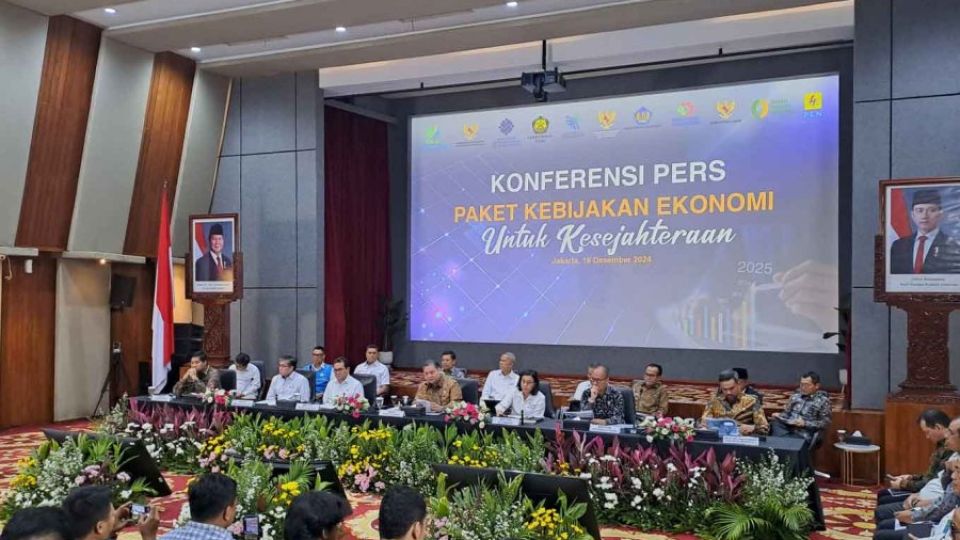JAKARTA – The Indonesian government will proceed with its plan to increase the value-added tax (VAT) rate to 12 per cent starting January 1, 2025, but has introduced several incentives to mitigate its impact on consumers.
Coordinating Economic Minister Airlangga Hartarto announced on Monday that essential staples such as rice, beef, fish, and vegetables will remain entirely exempt from VAT.
“Following the Tax Harmonisation Law, the VAT rate will increase to 12 per cent as of January 1, 2025, in line with the stipulated timeline,” Airlangga said.
For other key staples like flour, industrial sugar, and the government-distributed Minyakita cooking oil, the 12 percent VAT will technically apply. However, the government will initially absorb the additional 1 per cent, though no timeline was provided for this temporary arrangement.

To further cushion the impact, the government will distribute 10 kilograms of rice per month in January and February to 16 million low-income households. Additionally, households using electricity connections of up to 2,200 volt-amperes will receive a 50 per cent discount on their power bills during the same period.
A partial VAT waiver on certain house purchases, which was introduced in November 2023, will also be extended until mid-2025. In the second half of 2025, the waiver will remain but be reduced by 50 per cent.
Additional measures include tax incentives for electric vehicle purchases and income tax cuts for qualifying workers, aligning with the VAT increase.
However, luxury food items such as wagyu beef, premium salmon, and king crab, previously VAT-exempt, will now be subject to the new 12 per cent rate. VAT collection will also extend to high-end services, such as international schools and premium healthcare facilities, though general education and healthcare services remain exempt.
Head of the Finance Ministry’s Fiscal Policy Agency (BKF), Febrio Nathan Kacaribu, estimated that the incentive package would cost the state IDR30-40 trillion (USD1.9-2.5 billion). In contrast, the VAT hike is projected to generate around IDR 75 trillion in additional revenue.
Finance Minister Sri Mulyani Indrawati noted that the previous VAT hike from 10 to 11 per cent in April 2022 had a minimal impact on the economy. “Our economy remained stable, with indications of improvement,” she said, citing job creation, formal sector growth, and inflation stability.
However, economists warned of challenges ahead. Paramadina University economist Wijayanto Samirin highlighted that unlike in 2022, when post-pandemic spending surged, the current global economic slowdown, coupled with weaker purchasing power, creates a more challenging environment.
“Hiking VAT now is far from ideal but understandable to secure fiscal revenue amid difficult conditions in 2025 and 2026,” Wijayanto said.
Center of Economic and Law Studies (CELIOS) executive director Bhima Yudhistira expressed concern that the VAT increase would significantly impact household spending. According to a CELIOS study, middle-class households could face additional expenses of IDR300,000 per month, while low-income families may see an increase of IDR100,000.
“The incentives are temporary and cannot fully cushion the long-lasting effects of the VAT hike,” Bhima explained, warning that reduced household spending could affect corporate revenues, ultimately risking mass layoffs.
With household consumption being a major driver of Indonesia’s GDP, concerns persist over the potential knock-on effects on the broader economy.


